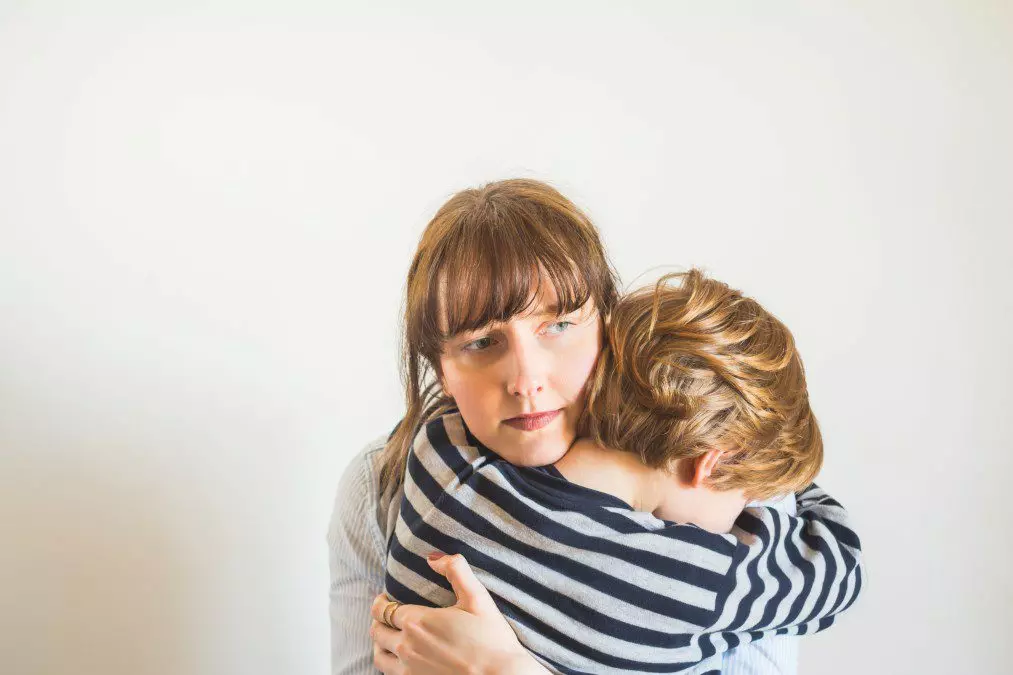
It is widely accepted the earliest months and years of a child’s existence have the most profound impact on the rest of the lives. Attachment theorists believe the early bonds and relationships a child forms with his/her carer(s) or parent(s), informs that child’s ability or inability to form successful and healthy relationships in the future.
Alan Sinclair’s ‘Right from the Start’ is the latest in the Postcards from Scotland series of short books, which aim to stimulate new and fresh thinking about why us Scots are the way we are.
In my previous book review in the Scottish Journal of Residential Child Care, I commended the author of ‘Hiding in Plain Sight’ (another book in the same series) Carol Craig for her ability to write succinctly and accessibly about a complex subject matter. I feel the same way about Alan Sinclair’s writing in this book.
The premise of this book, put simply, is laying out the bare truths of how good and bad us Scots are at parenting as well as having the appropriate supporting systems in place for parents and carers of our most vulnerable children.
A consistent thread throughout the book is the author arguing that by investing in parents and babies ‘from the start’, governments and the surrounding systems who support children and families can relieve the heartache of tomorrow in the form of poorer outcomes in education, employment and in health.
The book begins by acknowledging the UK’s position on the UNICEF global league table of child well-being, ranking 29 of the world’s richest countries against each other. The UK is placed 16th, our particular challenge being a high proportion of young people not in work, training or education. Although the league table did not single out the devolved nation of Scotland, the author describes the UK as a ‘decent proxy for Scotland’.
The first 1,000 days
The author goes on to explore the theory of the first 1,000 days of a child’s life. This theory suggests this is the most significant indicator of what the future holds for them. He touches on child poverty, which we know from well-cited research can lead to adversities in life, but he also mentions too much money can be an issue as well.
This point is explored more deeply later in the book’s in a chapter titled: ‘Is social class a factor?’. The author is effective at challenging the popular rhetoric that it’s the least educated and most poverty-stricken parents in society who are most likely to neglect their children. He talks about the longitudinal study, Growing Up in Scotland, which tracks the lives of thousands of children and families from birth to teens. Amongst many other findings, the survey shows 20% of children from the top income bracket have below average vocabulary; it also finds problem-solving capabilities are below average for 29% of this group. This proposes child poverty is only a small indicator of the child’s developmental prospects.
Where the Dutch Get it Right
The most intriguing part of the book from my point of view is the comparison the author makes between raising a child in Scotland versus the Netherlands (which ranked first in the UNICEF league table). In Holland, pregnant women have visits from a Kraamzorg, an omnipresent healthcare professional who identifies the type of support required. Post-birth the Kraamzorg plays a very active role and can typically spend up to eight hours a day supporting the new mother in her first week of childcare. The Kraamzorg also becomes involved in household chores including shopping and cooking. And it doesn’t stop there. The Dutch system includes Mother and Baby Wellbeing Clinics, which support families from birth to school age and have been doing so effectively for the last century.
On reading how the Dutch system operates, it’s hard to not make comparisons to the system here in Scotland (and the wider UK) within our NHS where mothers are wheeled in to give birth and very quickly wheeled out again to free up bed space. I exaggerate slightly here and I do not want to discredit the incredible job hard-working NHS staff do, but I’m sure I’m not alone in feeling envious of the Dutch system and thinking they’ve got something right, in comparison with Scotland. This was neatly summarised at the start of the book in a quote from a Dutch woman who had spent time living in both Holland and Scotland when she said: ‘In Holland we love children. In Scotland you tolerate children.’
But it’s not all bad. As the author remarks himself: ‘Scottish parenting is not universally awful: if we were we would not be almost halfway up the global table of child well-being’ (p. 12).
The penultimate chapter explores some real-life examples of parents who are struggling and striving to succeed in bringing up children with some success despite the odds stacked against them. I found the author’s injection of such human stories among the explanation of evidence useful as it allowed a chance for the reader to reflect on how all this is applicable in everyday life in Scotland.
To me, there was, however, a glaring omission in these stories: a voice from the LGBT community. Gay adoption in Scotland was legalised almost 10 years ago in 2009, and at the same time the Looked After Children (Scotland) Regulation 2009 came into force allowing same-sex couples to be considered as foster parents. It would have been interesting to hear from this historically marginalised part of our society what the experience has been like and how different, or similar, this was from the other stories included in this chapter. Are they arguably better equipped as carers of Scotland’s most vulnerable children given their own life experiences of being marginalised?
The book ends with the author setting out his vision for a better future for Scotland’s children where they have better life chances and are fully nurtured. It’s clear we have some way to go but reading this book makes you feel a glimmer of hope that could, one day, become a reality.













